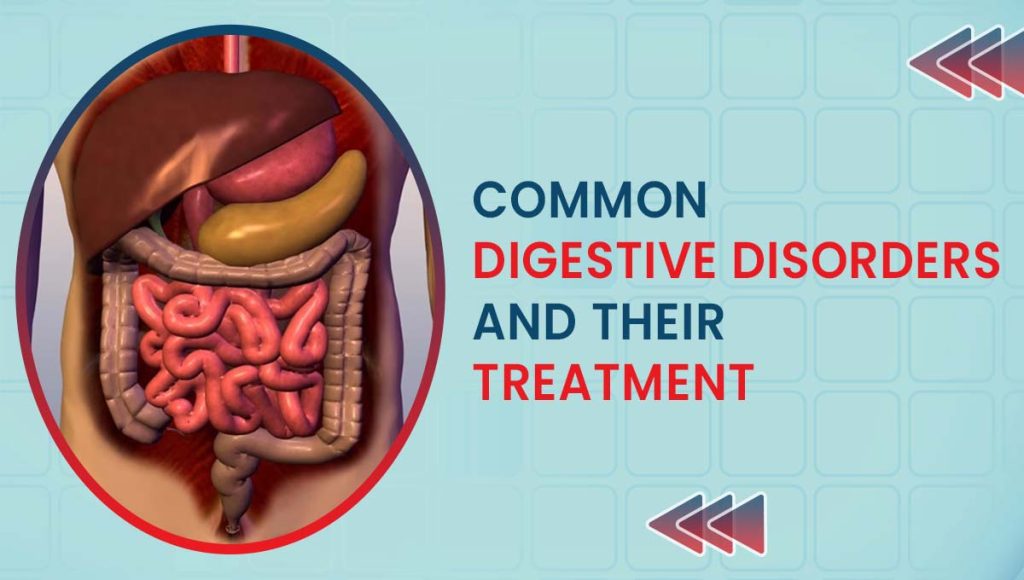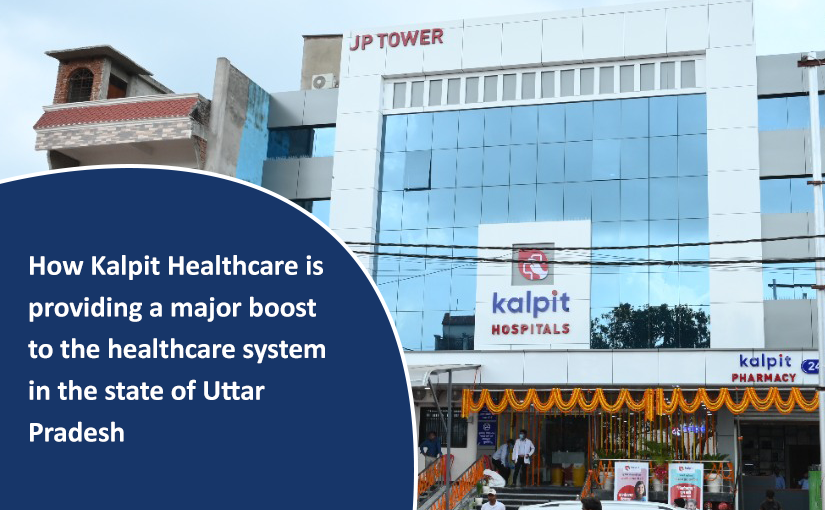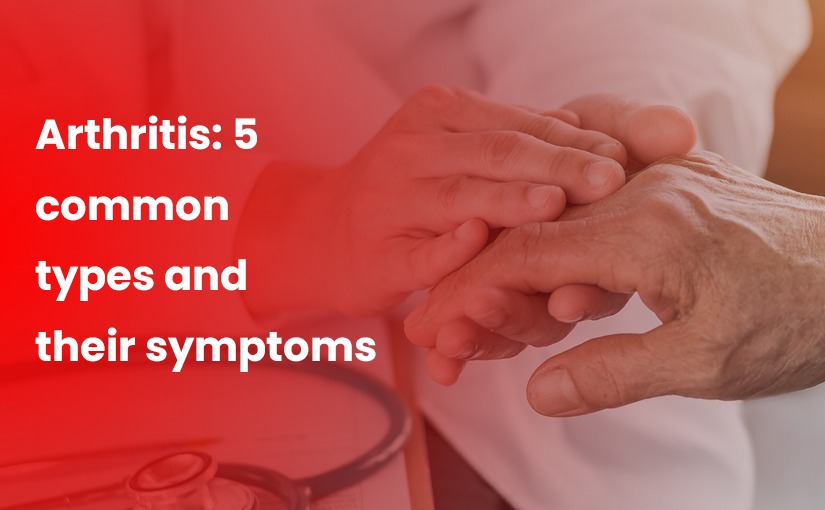Digestive disorders are common health issues affecting people of all ages and socioeconomic backgrounds. If left untreated, these disorders can significantly impact your health, causing discomfort, pain, and potential complications. This blog will look at some of the most common digestive disorders, their causes, symptoms, and treatment options in this blog.
Gastroesophageal Reflux Disease (GERD)
GERD is a chronic condition that causes stomach acid to back up into the oesophagus. It frequently causes symptoms such as heartburn, regurgitation, and chest pain.
Treatment:
Lifestyle changes include dietary changes (avoiding trigger foods like spicy or fatty foods), elevating the head of the bed, and weight management.
Antacids, H2 blockers, and proton pump inhibitors can help reduce stomach acid production and relieve symptoms.
Surgery:
In severe cases, surgical procedures, such as fundoplication to strengthen the lower esophageal sphincter, may be recommended.
Irritable Bowel Syndrome (IBS)
IBS is a functional digestive disorder that causes abdominal pain, bloating, and changes in bowel habits (diarrhoea, constipation, or both). What causes IBS is still unknown to date.
Treatment:
Changes in diet: Identifying and avoiding trigger foods, such as certain types of carbohydrates (FODMAPs), can aid in symptom relief.
Medications: Based on symptoms, doctors may prescribe antispasmodic drugs, laxatives, or medicines that affect gut motility.
Stress reduction techniques such as mindfulness, meditation, and relaxation exercises can help reduce stress, which often aggravates IBS symptoms.
Inflammatory Bowel Disease (IBD)
IBD consists of two most common types – Crohn\’s disease and ulcerative colitis. Both are characterised by chronic gastrointestinal inflammation, which causes symptoms such as abdominal pain, diarrhoea, and weight loss.
Treatment:
Medications: Immunosuppressants, anti-inflammatory drugs, and biologics can help control inflammation and manage symptoms.
Lifestyle changes, such as dietary changes and smoking cessation, can help with IBD management.
Surgery may be required in some cases to remove damaged sections of the intestine.
Celiac Disease
Celiac disease is an autoimmune disorder caused by gluten, a protein found in wheat, barley, and rye. It causes damage to the small intestine lining, resulting in malabsorption and various gastrointestinal and systemic symptoms.
Treatment:
Gluten-free diet: The primary treatment for celiac disease is to stop consuming gluten foods.
Nutritional supplementation: Due to malabsorption issues, some people may require vitamin and mineral supplements.
Medications: Medication may be prescribed in severe cases to treat specific symptoms.
Gallstones
Gallstones are solid particles formed in the gallbladder that can obstruct the bile ducts, causing pain and inflammation.
Treatment:
Removal of the gallbladder: To avoid future gallstone-related complications, surgical removal of the gallbladder (cholecystectomy) is usually recommended.
Medications: In some cases, medications can be prescribed to dissolve gallstones, but this is a less common approach.
Conclusion
Digestive disorders can have a significant impact on one\’s daily life, but with proper diagnosis and treatment, many people can effectively manage their symptoms. A healthcare professional, at Kalpit Hospital in Khalilabad, UP, should be consulted for an accurate diagnosis and personalised treatment plan. In addition to medical intervention, the doctors at the multispecialty hospital in Khalilabad guide you to manage these common digestive disorders by changing your lifestyle and diet to promote better digestive health and improve overall well-being.



